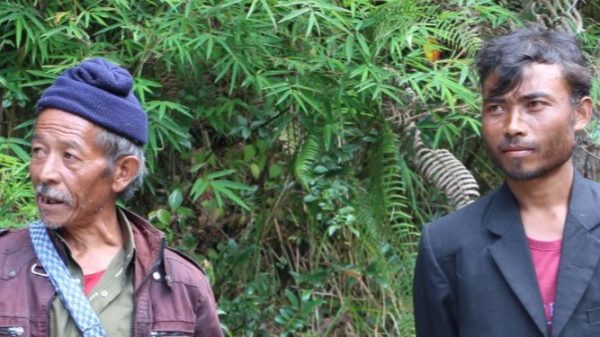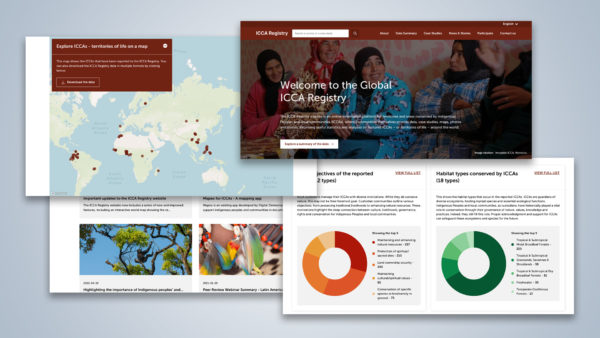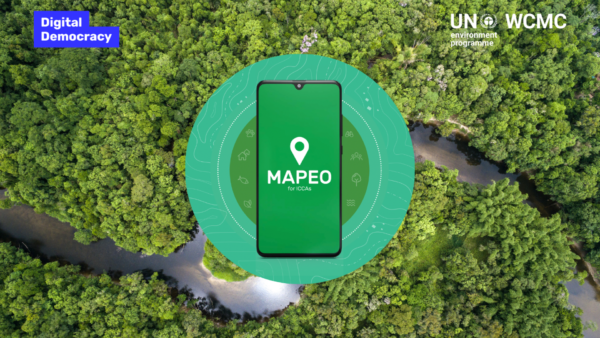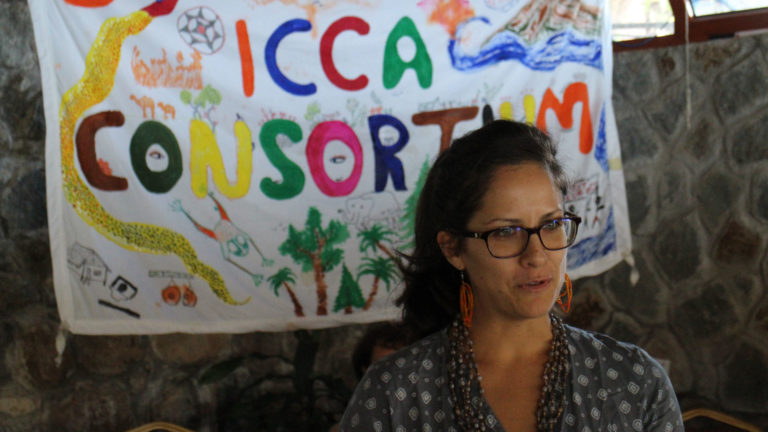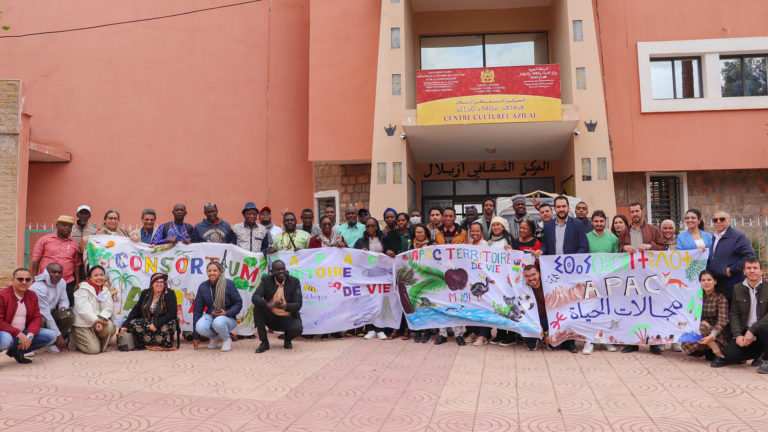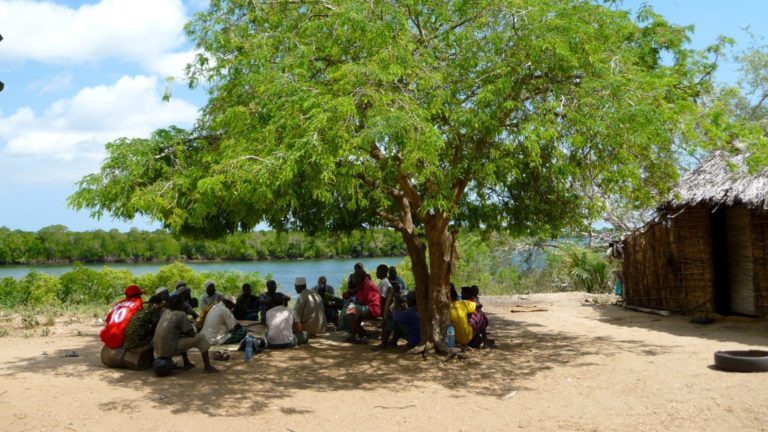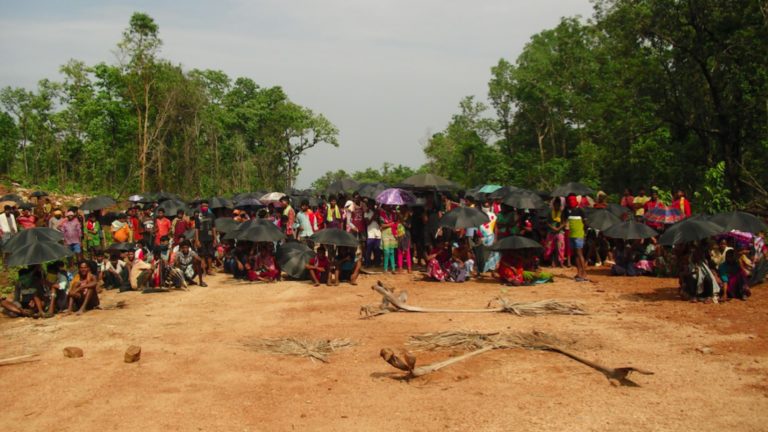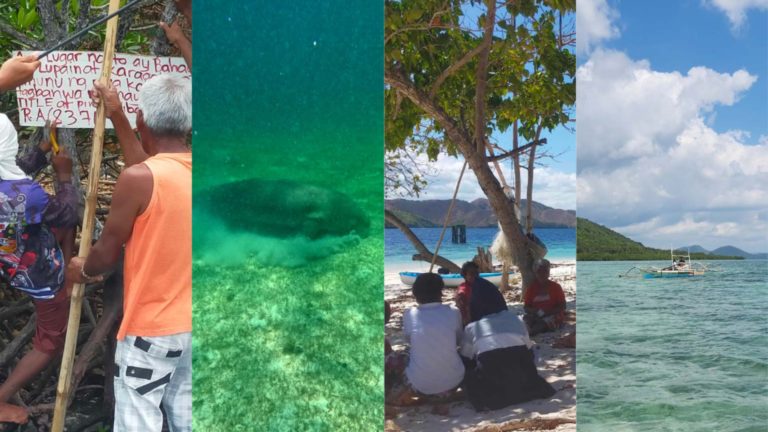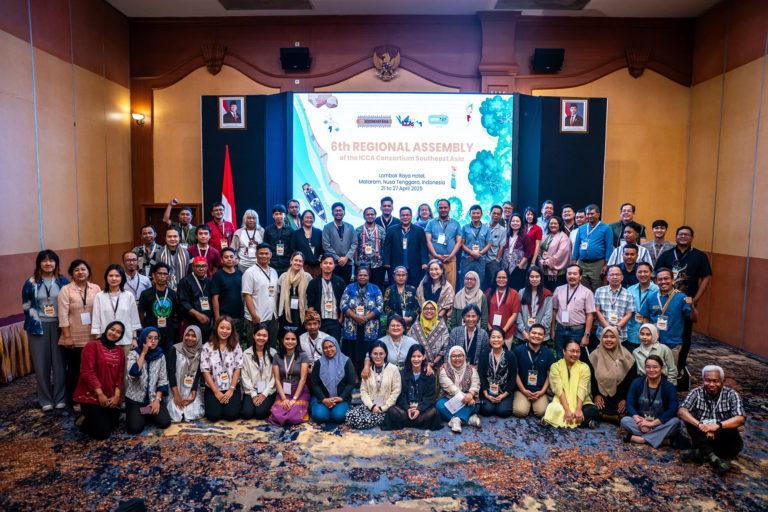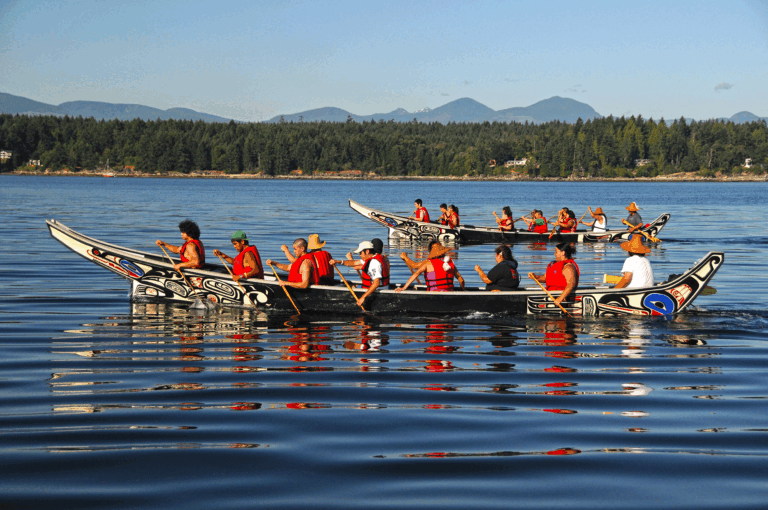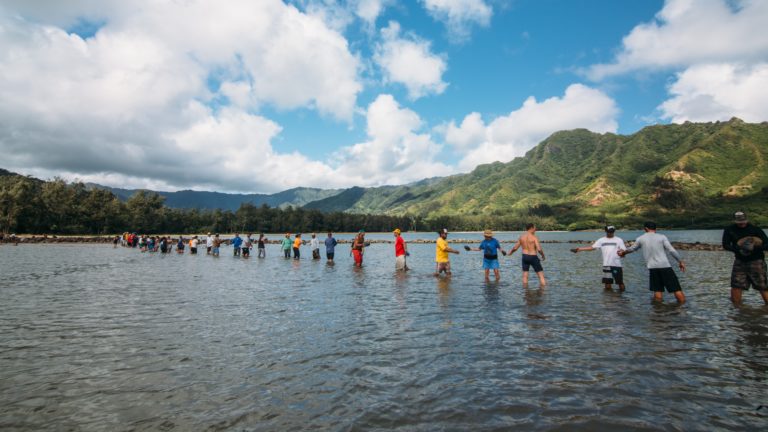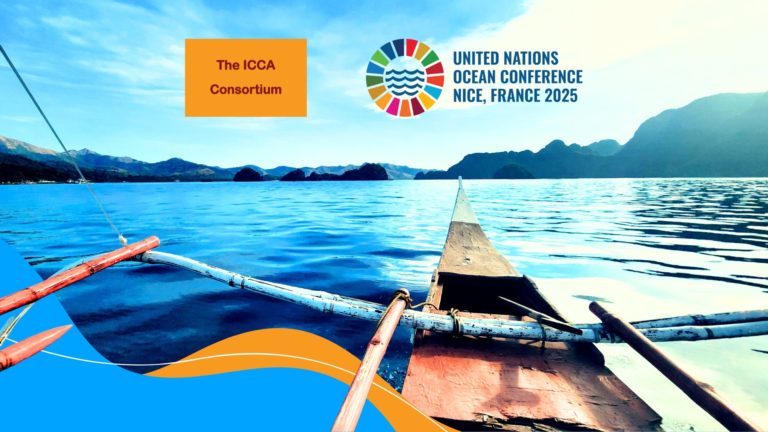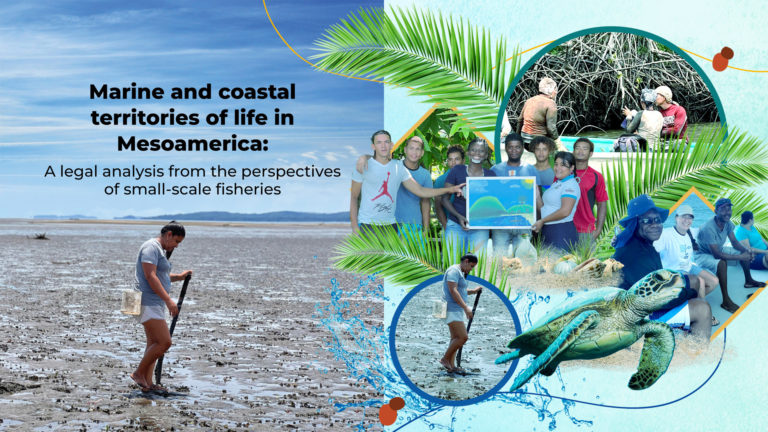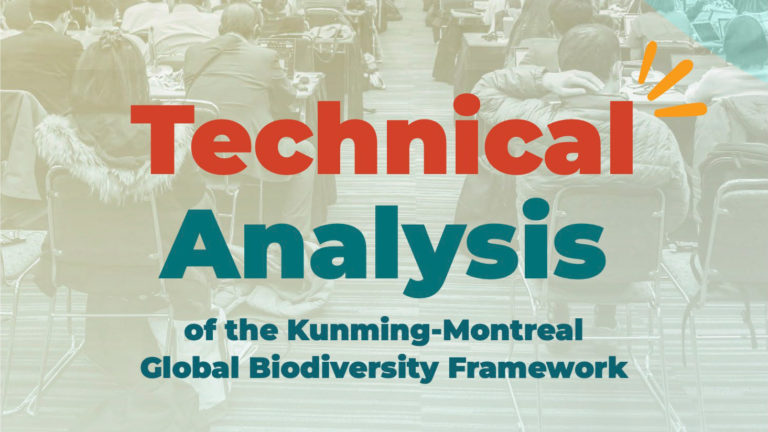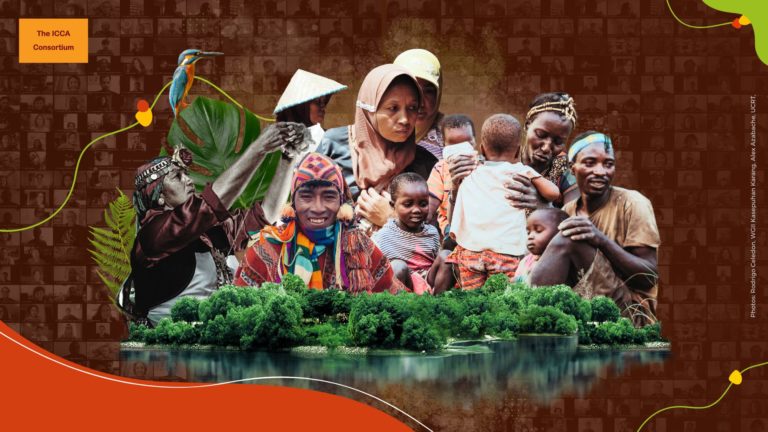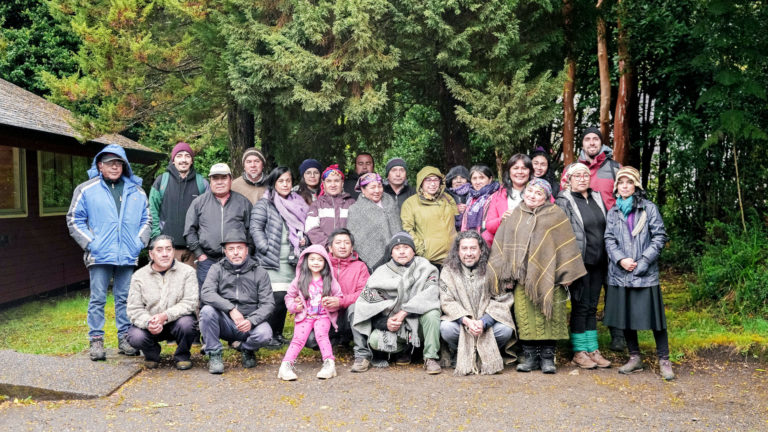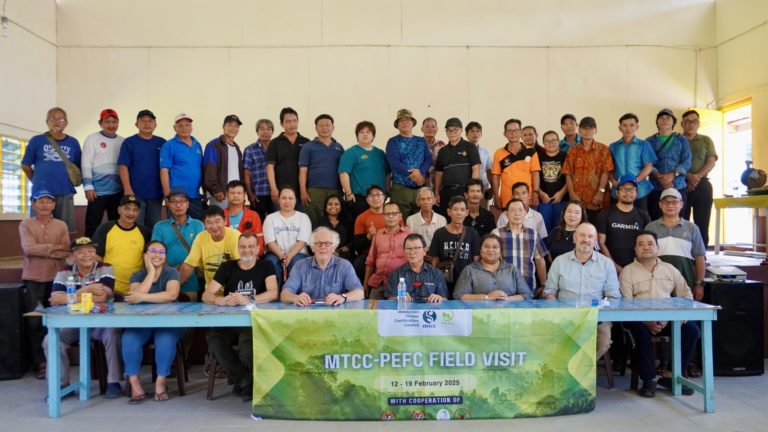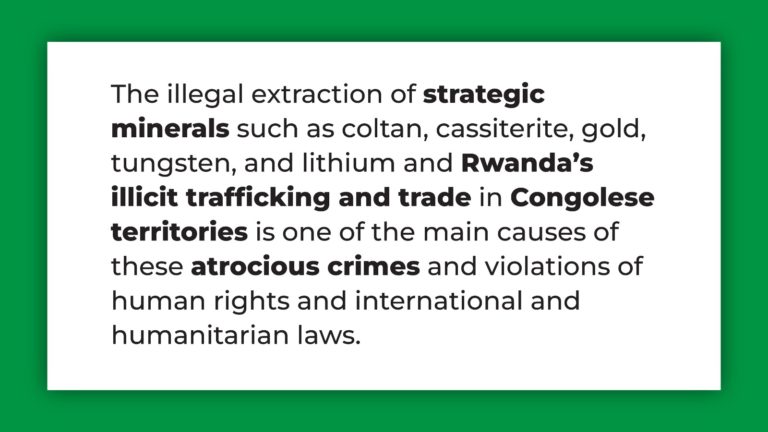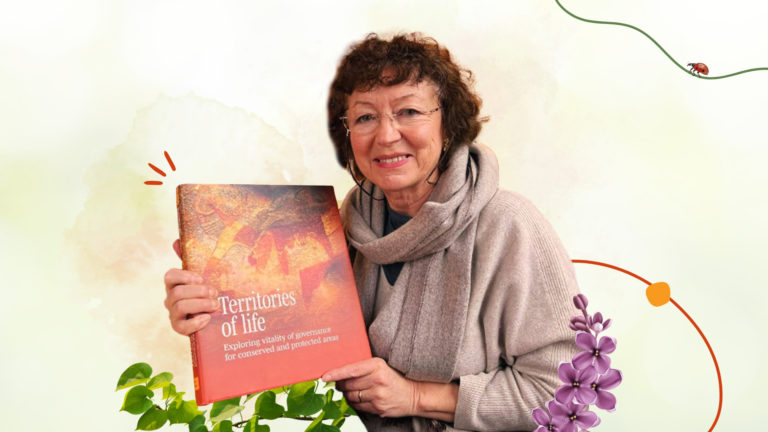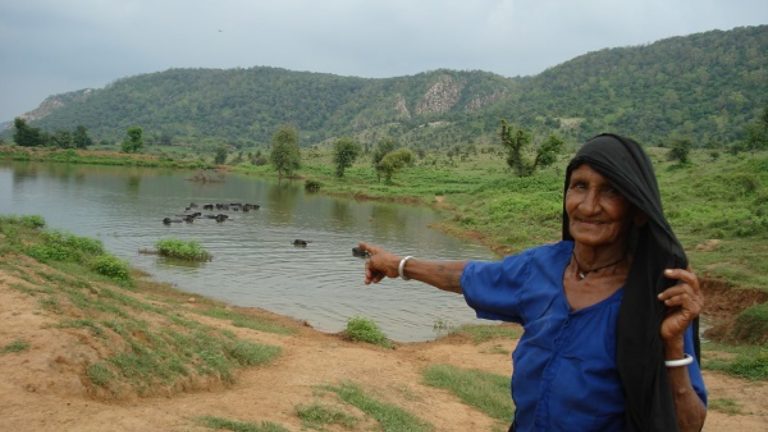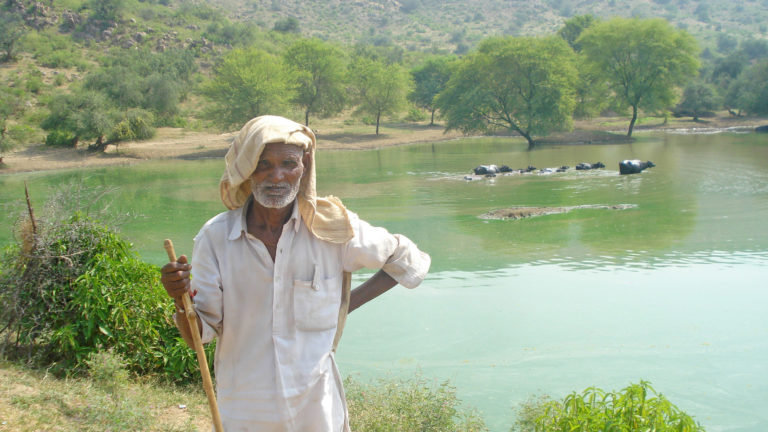By ICCA Consortium
In 2024, three new ICCAs–territories of life were added to the ICCA Registry, one from Colombia and two from Finland. There are now 313 ICCAs in the Registry.
1. Resguardo Indígena Villa Catalina de Puerto Rosario, Colombia
In southeast Colombia, the community of Inga Indigenous People in the village of Puerto Rosario in Puerto Guzmán municipality of Putumayo department recently acquired collective properties (covering an area of 68,357 hectares) in their ancestral territory.
The legal recognition process started on June 29, 2000, when the Colombian Institute of Agrarian Reform announced the territory as a reservation (resguardo) for the community.
The territory is in an area of high biodiversity, which is crucial for the functionality of the Andean-Amazonian ecosystems. Revitalizing the territory’s governance and management represents a significant milestone for the Inga community.
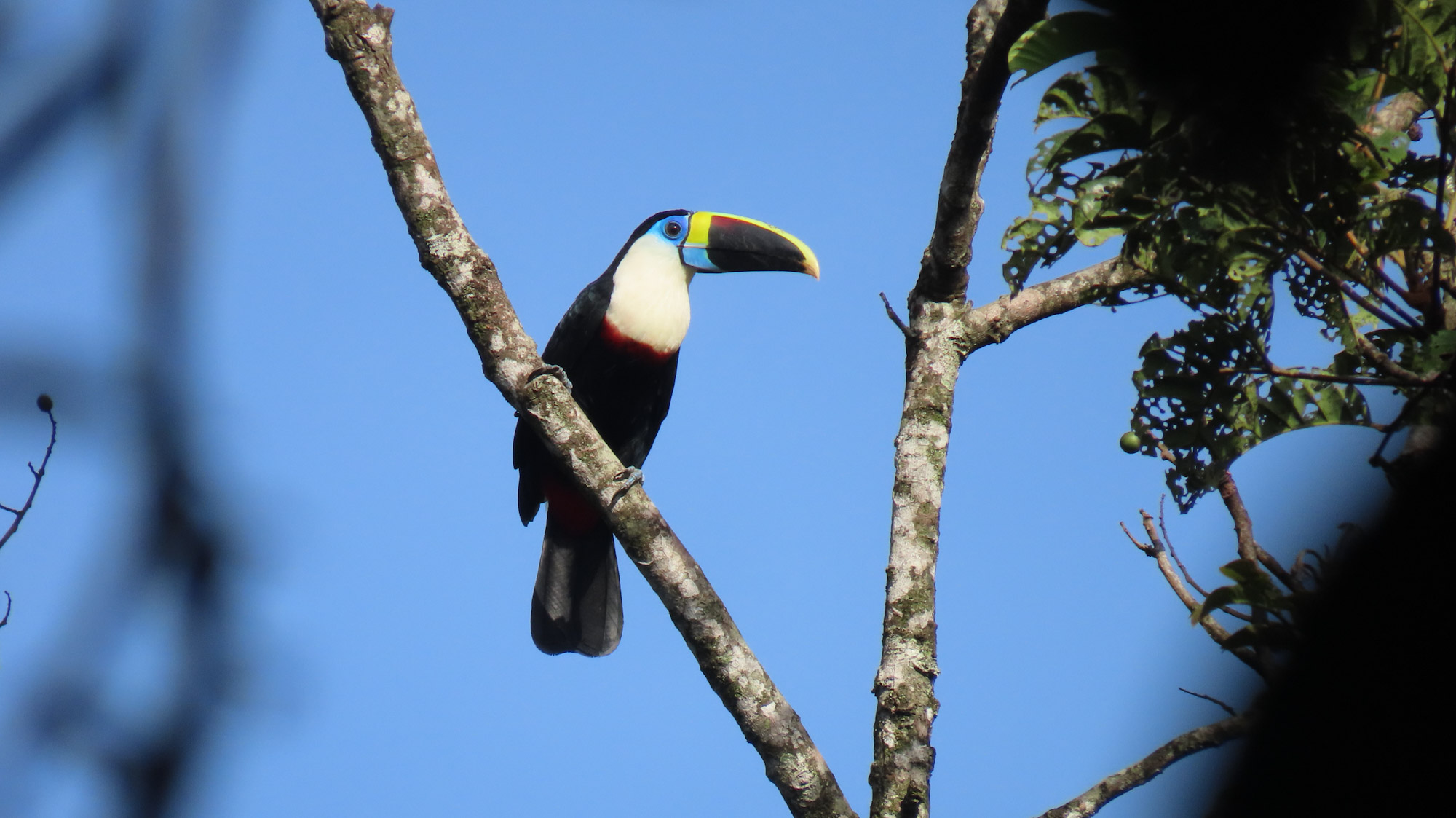
The resguardo allows Indigenous communities to hunt and access fish, salt, and sacred sites. Additionally, it provides access to a collection of medicinal plants, such as Yagé (a South American vine used for Ayahuasca), chagro montuno (an essential plant in the preparation of Yagé, which underlines its importance in the spiritual and medicinal practices of the Inga), and culturally important biodiversity spots called “pepiaderos.”
The case study is available here.
2. Onkamot, Finland
In south Finland, village communities in the Onkamot Lakes have led successful programs to restore and rewild their aquatic territories.
The ICCA comprises two interconnected lakes, Pieni-Onkamo and Suur-Onkamo, which span the municipalities of Rääkkylä, Tohmajärvi, and the City of Joensuu in the North Karelia region. These lakes form a biologically diverse boreal water system characterized by relatively shallow depths, averaging around 3.6 meters and reaching a maximum depth of 10 meters.
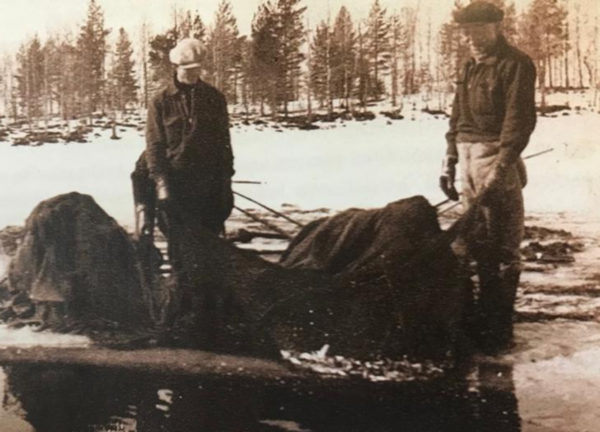
A history of over a century marked by unsustainable extraction practices and heavy resource use has left the Onkamo lakes distressed, exhibiting issues such as deteriorating water quality, algae blooms, and eutrophication. However, since 2000, concerted efforts led firstly by an association of all users and owners and later by Snowchange Cooperative have enabled a recovery process through rewilding and restoration that addresses many of the threats.
The local communities have restored the entire catchment area over the past fifteen years. Numerous wetlands have been created in the Onkamo region, marshes have been revitalized, and fishing management has been done for over fifteen years.
Until recently, Tuovi Vaaranta from Pro Onkamojärvet Ry coordinated most activities.
In 2023, a general assembly of the local communities unanimously voted to seek ICCA status for the whole lake system. The Snowchange Cooperative (ICCA Consortium Member), a network associated with local communities and Indigenous Peoples and cultures, has been appointed to coordinate the restoration initiatives.
The case study is available here.
3. Áldujohka Sámi, Finland
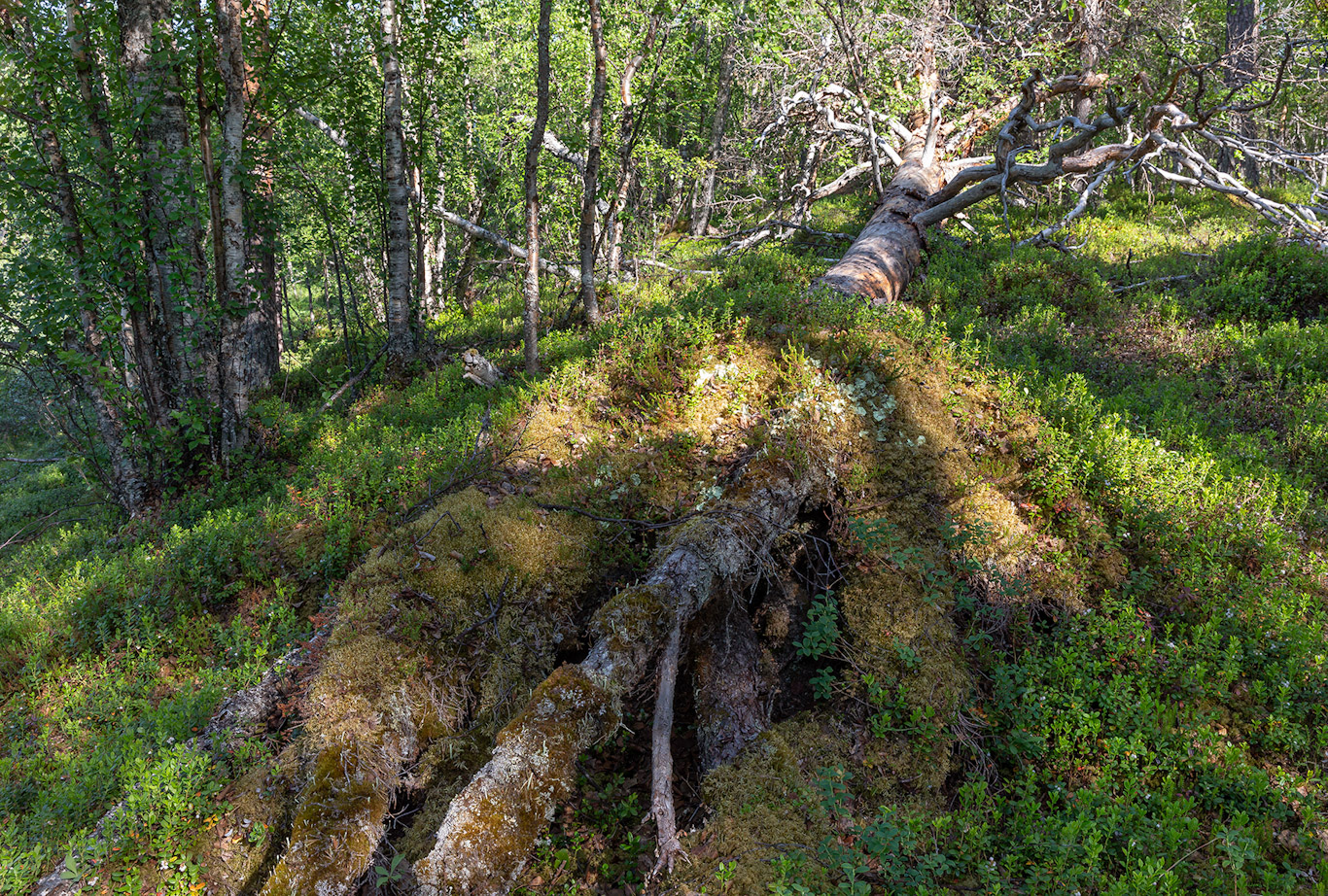
Located in north Finland, the Áldujohka Sámi Indigenous Community Conserved Area (Áldujohka Sámi ICCA) covers 70 hectares in the northern boreal forest along the Ivalo River in Sápmi, Finland. It is a traditional fishing and reindeer herding area for the Sámi Reindeer Community of Huuhkaja, led by the Magga family. It is deeply rooted in Indigenous Sámi culture and conservation.
The area’s families are co-leading the territory’s conservation so that Sámi traditional knowledge, land use, history, and natural knowledge are also included in the plan.
